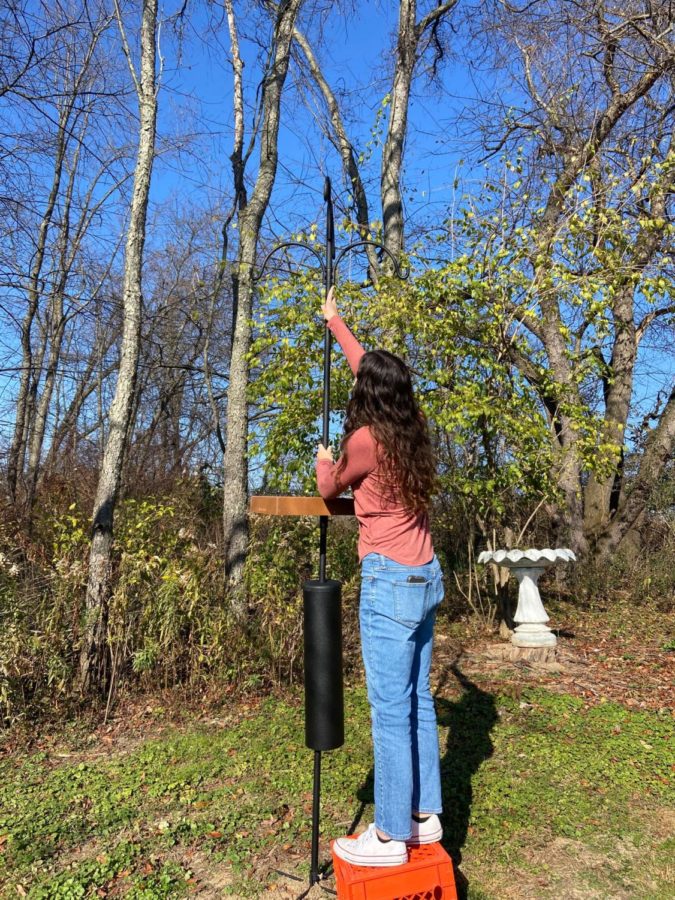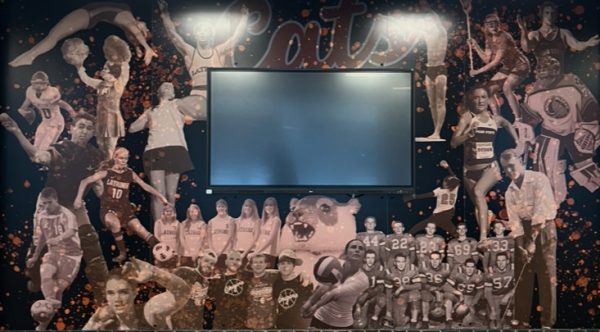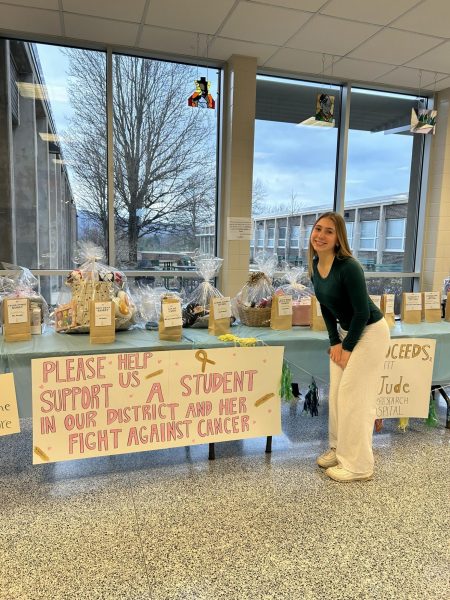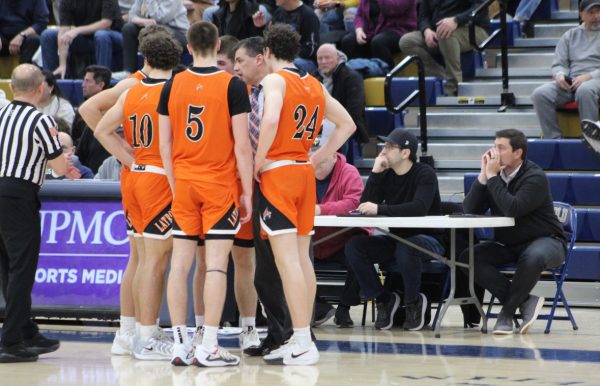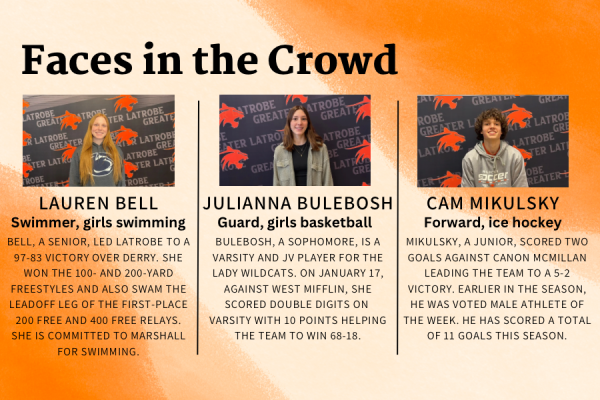Mazur Makes An Impact
The first snowfall of the winter in Pennsylvania of 2021-2022 occurred on January 6, 2022. In years prior, Pennsylvanians would have to bundle up, expecting snow to ruin Halloween plans. Seasons shifting is no joke, and it’s not merely by coincidence. Peers may make jokes in passing about how crazy the weather is in PA, yet refuse to take climate change issues seriously. Leah Mazur knows that climate change is not a joking matter.
“We’ve had these days where it’s 60 degrees out and then the next day it’s snowing. People don’t realize when they say ‘oh this is such crazy weather’ that it’s due to the climate changing. The same things are happening all around the world. So I think you actually have to put all the pieces together to understand the issue of climate change. In a lot of cases, people don’t want to do that,” explained future environmental scientist Leah Mazur.
Leah said, “It is scary when you think about the climate-changing and there are consequences like water levels rising. In 100 years Florida could be gone, New York could be gone, but you need to accept it if you’re going to help with the problem.”
Blissful ignorance plays a big factor into the downplay of the severity of these issues. Citizens are scared to think about the future dangers of the world.
Why is this our Problem?
The Earth isn’t going to save itself from the destruction that the human race has caused. Leah poses a good question to make society think, “When you are relying on things that are going to run out one day, what are you going to do when it’s gone?”
What can we do?
“A lot of things that you don’t think affect climate change, actually do.” Leah explained. Common things impact long term climate change. Turning off the lights after leaving a room can help save energy, turning off the faucet in between brushing your teeth helps with water usage. This is common knowledge. Other small changes in daily routines can make a difference.
Internet usage is a great example. Subscribing to companies’ emails unnecessarily uses up a lot of energy, and unsubscribing from them can make a difference. Any student who took the PSATs had the option of allowing colleges to reach out to them via email. Students then become automatically subscribed to hundreds of college’s email lists, with some being sent out daily. By scrolling down to the bottom of those emails and clicking unsubscribe, taking approximately 5-10 seconds, students can help conserve energy.
Bitcoin and NFTs are becoming increasingly popular, but are terrible for the environment. With the energy it takes to power one transaction on these sites, a house could be powered for an entire month.
Capstone…
Greater Latrobe offers Capstone, an honors environmental science class for seniors. The class takes learning beyond the classroom. They have recently visited a water reservoir to expand upon their water unit, learning about water pollution and analyzing streams.
The class learns about unique aspects of Pennsylvania’s history like the coal mines; not only how they were made, but the consequences of them. The mines affected streams, and large coal refuse piles contributed to contamination.
The capstone students look to leave their impact on the community with their annual project at the end of the school year. In service of the community, the class works together to help the environment.
Each student’s summer assignment before entering the class involved brainstorming and planning possible ideas for their service project. The class will then later take those ideas into consideration when deciding on their project for the 2021-2022 school year. Leah’s idea was to make bee houses to bring more native bees into the area.
Leah leaves her mark…
Enrolled in the new mentorship program, taught by Mrs. Jessica Yetter, Leah was able to gain experience in her aspirations to major in the field of environmental science. Leah interned at Winnie Palmer Nature Reserve during the fall semester. Mazur worked alongside executive director Angela Belli and Saint Vincent students who complete a work study at the reserve.
Leah learned the day-to-day operations of the facility. She learned how to care for the turtles, frogs and salamanders. She understood the benefits of native plant species while learning about their garden. “All the plants there are native to Pennsylvania. The native plants create more nutrient-rich soil and allow for more native animals which then in return pollinate the plants better,” said Mazur.
While Leah was interning she worked on a research project creating educational signs connecting climate change to the different aspects of Winnie Palmer. The signs will be posted after professional printing by a graphic designer. Leah completed all of the research that went into them. Her work will help educate future generations about topics such as native species, birds, the water, the trees, and gardening.
Educating the citizens of the world on climate change is no easy task, but Leah is ready to take that challenge on. Her aspirations to receive a masters degree in environmental science and join a research team focused on climate change issues show Leah is ready to take the steps to ensure a brighter tomorrow.

Harley is a returning three time lettermen for Field hockey. She is very involved in the school while being the Vice President of SADD club, and an active...


